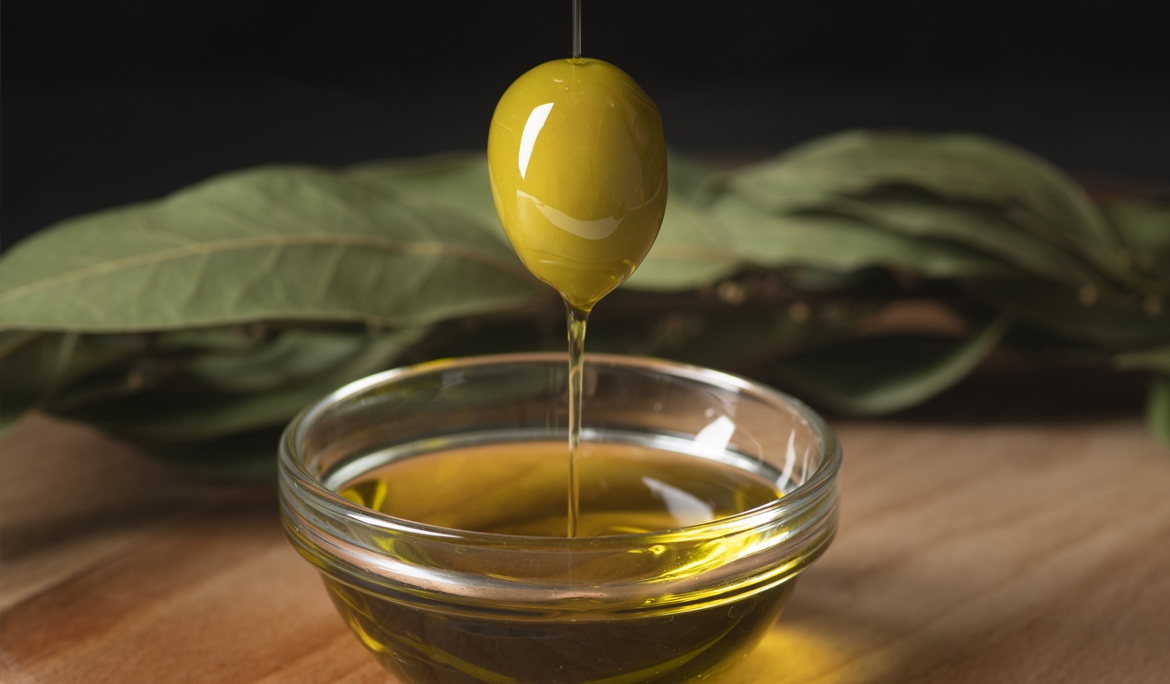Olive Oil Varieties: Differences Between Extra Virgin, Refined and Organic
Olive oil is an oil that has many health benefits and has an important place in world cuisines. However, the different types and varieties encountered when purchasing olive oil can sometimes cause confusion. In this blog post, we will examine the differences between olive oil varieties and explain the main differences between natural extra virgin, refined and organic olive oil.
- Natural Extra Virgin Olive Oil: Natural extra virgin olive oil is the purest and most natural form obtained by mechanically crushing olives. It is produced by extracting olives by cold pressing or other mechanical methods. The temperature used during this process is kept below a certain degree, so that the nutritional value and quality of the oil is preserved. Natural extra virgin olive oil is the highest quality olive oil with low acidity and an intense taste and aroma.
- Refined Olive Oil: Refined olive oil is a type of natural extra virgin olive oil obtained by refining. The refining process is a process made by going through various chemical processes. During this process, the oil goes through steps such as refining and neutralization, and unwanted components, acidity and flavor are removed. Refined olive oil may have a milder flavor and lower nutritional value than natural extra virgin olive oil. It can be preferred for cooking and frying because it generally has a higher smoke point.
- Organic Olive Oil: Organic olive oil is a type of olive oil obtained from olives grown with organic farming methods. This farming method involves growing olive trees without using chemical fertilizers, pesticides or synthetic drugs. Organic olive oil is the more sensitive option for environmental sustainability and natural resource conservation. The organic certification process is overseen by an independent organization and compliance with organic standards is required.
Organic olive oil can be produced as natural extra virgin or refined olive oil. Organic natural extra virgin olive oil is obtained by cold pressing organic olives and has a similar quality and taste to natural extra virgin olive oil. Organic refined olive oil, on the other hand, is obtained by refining from certified organic olives and may have a milder flavor.
Differences:
- Production Process: While natural extra virgin olive oil is obtained by crushing olives by mechanical methods, refined olive oil is produced by passing through chemical processes. Organic olive oil is produced from olives grown with organic farming methods.
- Nutritional Value: Natural extra virgin olive oil has higher nutritional value because it is a natural and pure form. The antioxidants, vitamin E and other nutrients in its content are preserved. Refined olive oil, on the other hand, may lose some nutrients due to the processing process.
- Taste and Aroma: Natural extra virgin olive oil has an intense flavor and a characteristic aroma profile. Refined olive oil, on the other hand, may have a milder flavor and a more neutral flavor.
- Chemical Processes: While various chemical processes are used in the production process of refined olive oil, chemical processes are not needed since natural extra virgin olive oil is produced by mechanical methods. Organic olive oil, on the other hand, is obtained from olives grown without the use of chemical fertilizers or pesticides.
Conclusion: When choosing olive oil, it is important to consider the differences between natural extra virgin, refined and organic olive oil. Natural extra virgin olive oil offers high quality, nutritional value and characteristic taste and aroma, while refined olive oil has a milder flavor and high smoke point. Organic olive oil, on the other hand, is a preferable option in terms of environmental sustainability and natural resource protection.
Remember, it is important to evaluate quality, processing method and health when choosing olive oil. Read labels carefully, pay attention to certifications and production methods, and make sure to shop from trusted manufacturers.
Understanding the differences between olive oil varieties will help you make more informed choices and choices in the use of olive oil. While natural extra virgin olive oil may be the most preferred choice in terms of health, refined olive oil can be advantageous in cooking with its higher smoke point. Organic olive oil can be a choice that supports environmental factors and natural farming methods.
Finally, quality, freshness and reliability are important factors when purchasing olive oil. Olive oil can offer excellent taste and health when stored and used correctly. By choosing the right type of olive oil to use in your healthy and delicious meals, you can both satisfy your taste buds and contribute to your health.
Resources:
- “What Should We Pay Attention To While Consuming Olive Oil?” – Türkiye Olive and Olive Oil Council
- “Olive Oil Production and Refining” – International Olive Council (IOC)
- “Organic Olive Cultivation and Organic Olive Oil Production” – Olive Research Institute
- “Olive Oil: A Healthy Option” – Harvard TH Chan School of Public Health












